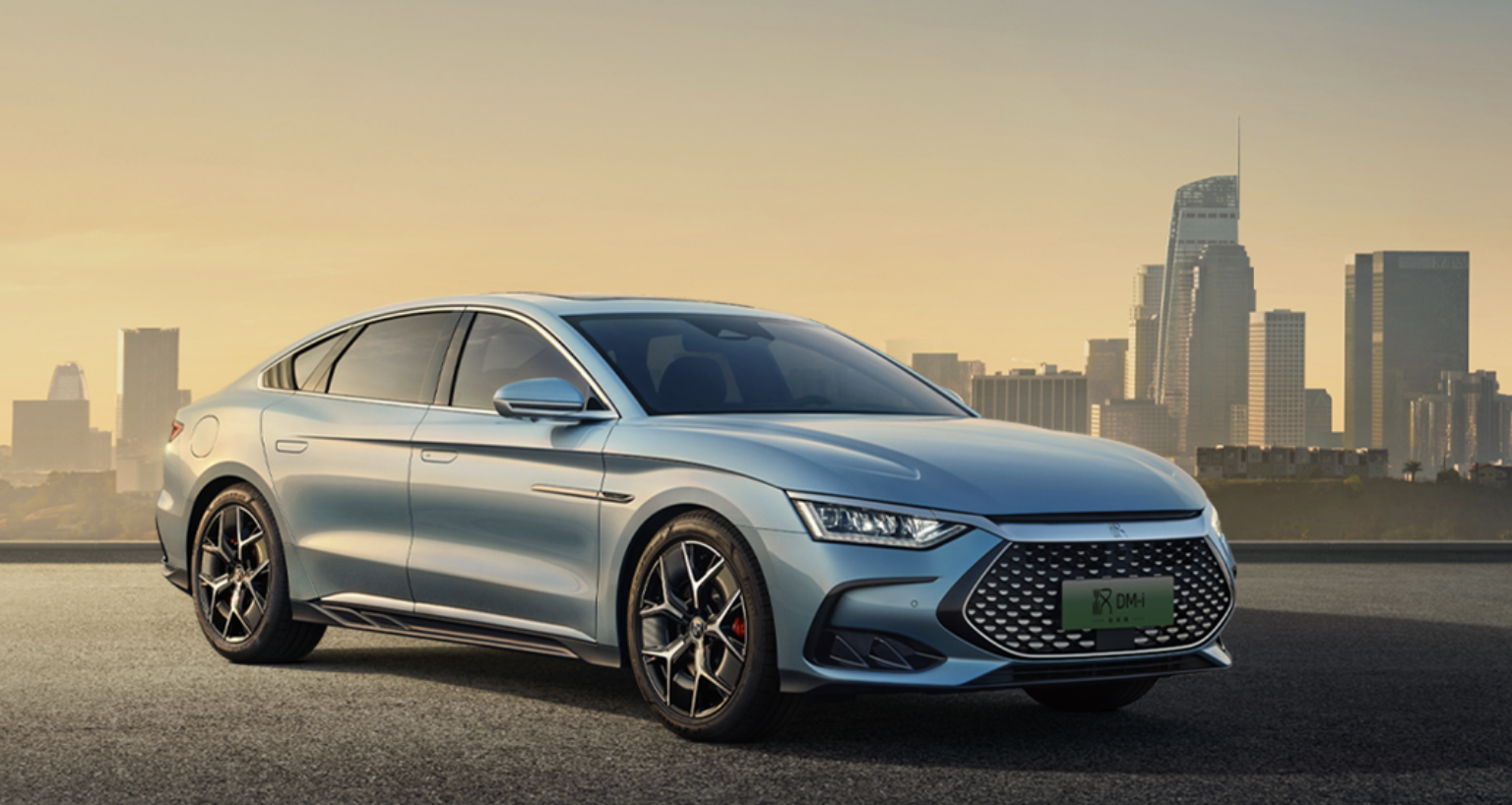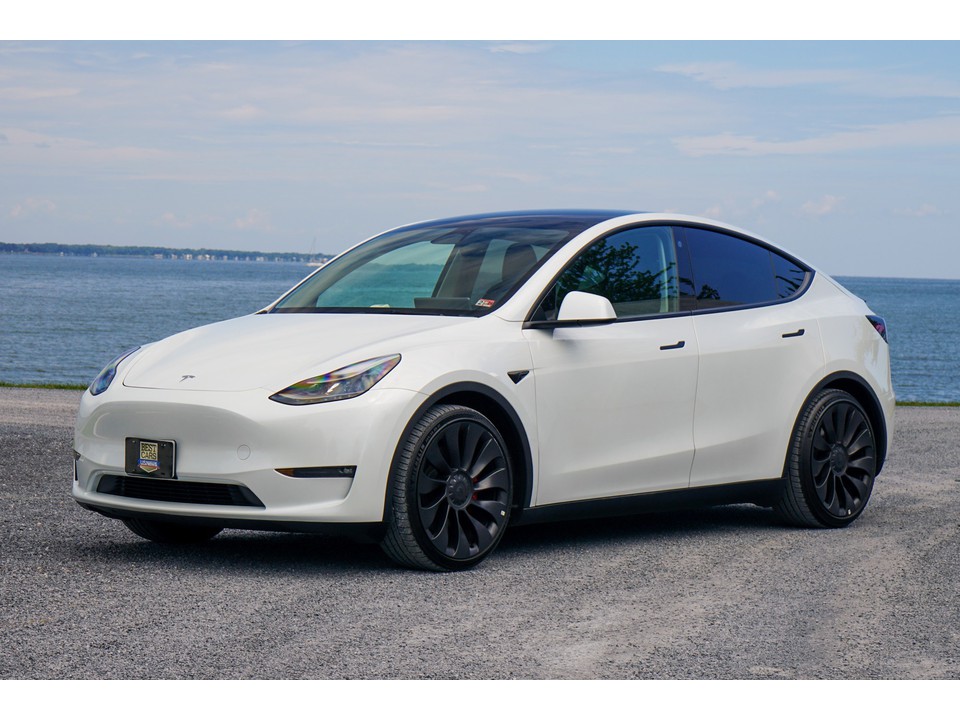India rejected BYD's 7 billion joint venture factory
Some time ago, BYD went to India to build a factory, which triggered extensive discussions in the industry. As early as July 14, BYD submitted a US$1 billion investment proposal to the Indian government to form an electric vehicle joint venture with Megha, an Indian private enterprise infrastructure giant.

India has rejected BYD's proposal to build a $1 billion auto manufacturing plant in India in partnership with Hyderabad-based Mega Engineering and Infrastructure Ltd, The Economic Times reported.

BYD wanted to build a factory in India with light assets
Judging from BYD's way of building a factory in India, the problem may lie in the cooperation model. In fact, there are various precedents of foreign capital being cheated in the layout of heavy assets in India. BYD is actually very cautious. It builds a factory in India in the form of a joint venture. The joint venture is an infrastructure giant group in India. Obviously, BYD also considered that after making money, it may be unavoidable to be fined by the Indian government. Establishing a joint venture factory is equivalent to an extra insurance, so that you will not be fined to death.
On the other hand, according to the information disclosed in India's "Economic Times" - in the proposal submitted to the Indian government, BYD and Megha proposed a plan to produce 10,000 to 15,000 electric vehicles per year, Megha will provide funds, and the core technology comes from BYD.
To put it simply, BYD intends to build a low-cost factory in India for this $1 billion project plan: one is a joint venture, and two, the money is mainly paid by the joint venture company Megha. Three, only technology. The technology that BYD invests in India may not involve core technology and the latest technology. After all, India's new energy development is still in its infancy, and outdated technologies can also meet the needs of consumers in the Indian market.
Generally speaking, Indians are smart, and BYD is not stupid. This is a relatively safe way to do business with India, but Indians are obviously not happy, so they rejected BYD.

It is not without reason that BYD is so cautious. India’s methods of harvesting foreign capital are well-known. In addition to Chinese manufacturers, many multinational giants including Ford, Wal-Mart, Nokia, Kane Energy, Citibank, Samsung, IBM, Amazon, and Microsoft have encountered huge fines in India.
Reject BYD, turn passive into active
Of course, India’s move may not be a complete rejection of BYD, or it may be a retreat, rejecting BYD’s joint venture plant in the form of technology investment. Behind it may be the rejection first, and then discussing conditions, because India has also seen that manufacturers like BYD have great ambitions, and they must hope to enjoy the dividends of the Indian market. And BYD's investment in India's new energy will do more good than harm to India. This move is to turn passive into active. Once BYD starts to back down, India will achieve its goal, especially BYD's appetite has been lifted. It is determined to win the Indian market. If BYD still wants to come to India, then it will not only provide technology, but also pay.
India does not want to be set a precedent by BYD: it must control the dominance of the rules by itself. After all, judging from the current investment in India from Foxconn to BYD, a very obvious manifestation is that they no longer have trust in India, they are all guarding against India, and everyone wants to be empty-handed. It is becoming more and more difficult for India to fall into the trap.
Despite India's strong displeasure, BYD has not changed its demands. Later, India compromised. Earlier news pointed out that India's advance payment was raised from 10% to 80%, which meant that India had to change the rules to adapt to BYD's rules.
A crisis of confidence, India is being eaten back by greed
Judging from the current cautious attitude of Chinese manufacturers, it may be difficult to find manufacturers who are sincerely willing to invest real money in India to attract investment in India. The data shows that as of March 2023, India has only welcomed one new foreign-funded enterprise, which means that India's routines are becoming more and more difficult to succeed.
However, Biden is currently supporting manufacturing in India, and Apple has already transferred its supply chain to India on a large scale. Tesla, Amazon, Google and other manufacturers have previously stated that they will continue to invest in India under Biden's strategy of checks and balances made in China. Based on the demographic dividend, many manufacturers will continue to invest in India, but they may no longer be as silly as they used to be, and they may also learn to play tricks with India, which is actually a manifestation of India's crisis of trust.
Therefore, India's rejection of BYD is on the surface for security reasons, but behind it is that India wants to control the rules and dominance by itself, and BYD cannot be allowed to break its original rules. However, India is undoubtedly facing a crisis of trust and is being backlashed by greed. In the future, transnational capital going to India may be less willing to invest in heavy assets, and more people will play tricks with India.

 Russian
Russian




